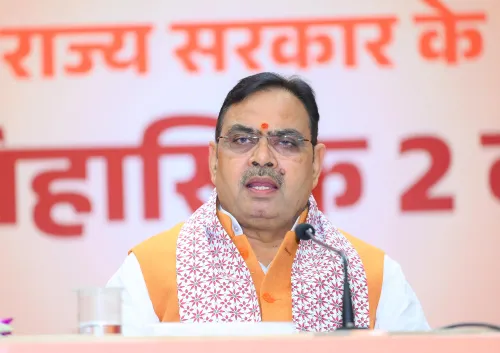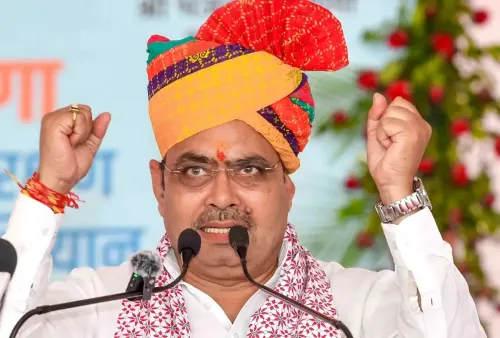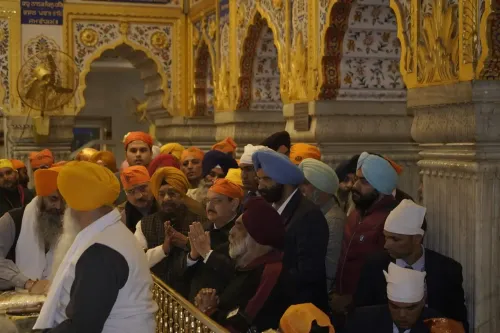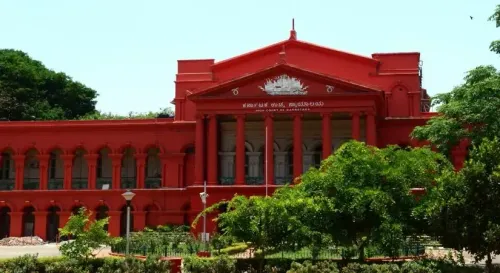Did the Delhi government challenge the SC's ban on ELVs?
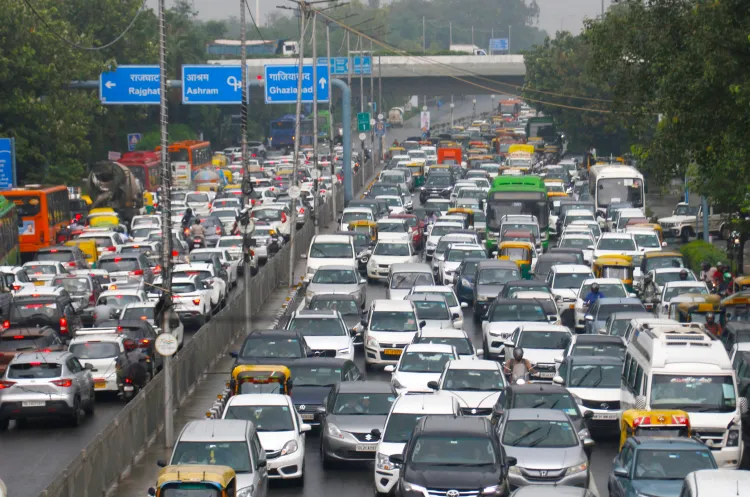
Synopsis
Key Takeaways
- The Delhi government challenges the SC's ban on end-of-life vehicles.
- Critics argue the ban unfairly targets middle-class vehicle owners.
- A scientific study on the ban's effectiveness is being requested.
- The government proposes a shift to emission-based regulations.
- Well-maintained older vehicles emit minimal pollutants.
New Delhi, July 26 (NationPress) The Delhi government has taken steps to engage the Supreme Court, requesting a reassessment of the ban on end-of-life vehicles (ELVs), diesel vehicles exceeding 10 years, and petrol vehicles older than 15 years within the Delhi-NCR region.
This action signifies a notable resistance to a current mandate that has faced backlash for its perceived oversimplification and disproportionate effects on middle-class vehicle owners.
In its petition, the Delhi government has urged the highest court to instruct the Central government or the Commission for Air Quality Management (CAQM) to conduct a thorough scientific analysis. This study should evaluate the genuine environmental repercussions of the age-based vehicle prohibition and determine if such restrictions genuinely contribute to improvements in air quality across the National Capital Region (NCR).
The petition underscores the importance of reassessing the efficiency, practicality, and equity of a blanket age restriction. Instead, the government is advocating for a more nuanced, emission-based regulatory system that considers individual vehicle emissions and roadworthiness rather than solely relying on age as a disqualifying criterion.
"The existing approach enforces collective compliance, failing to differentiate between heavily polluting and well-maintained, low-use vehicles," the petition articulates. "This does not align with the overarching goal of effectively diminishing pollution levels in the area."
The Delhi government further pointed out that BS-6 (Bharat Stage 6) vehicles, designed to adhere to cleaner emission standards, produce considerably fewer pollutants compared to their BS-4 predecessors. It contended that numerous vehicles currently affected by the ban are in good condition, compliant with emission regulations, and infrequently used, resulting in minimal actual emissions.
According to the petition, research indicates that such low-usage, older vehicles contribute minimally to overall pollution, raising concerns about the ban's proportionality. The government cautioned that the directive has imposed undue burdens on middle-class individuals who may depend on these vehicles for limited yet essential transportation needs.
The Delhi government is calling on the court to reevaluate the 2018 ruling that enforces the vehicle age limit and to concentrate on more targeted, scientific, and just measures to tackle pollution.


